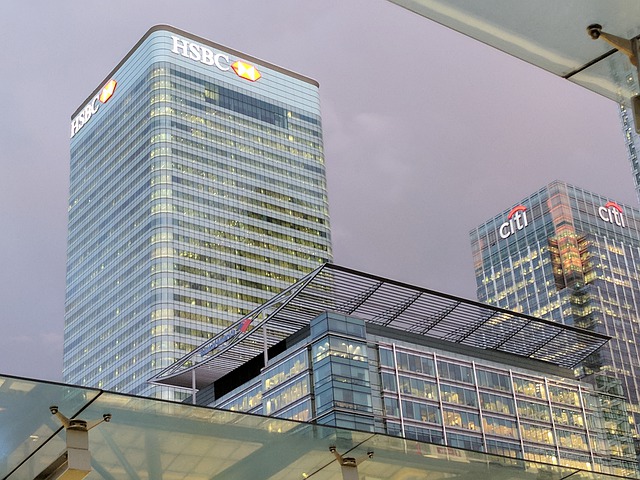Do AXA Life Customers Need To Be Worried?
- Should existing AXA Life customers be concerned?
- What will happen to their existing policies?
- The MOST important thing you need to worry about…

Should existing AXA Life customers be concerned?
If the business is sold to another insurer, the PPF Fund can be used to fund the transfer. The insurer taking over must provide coverage to policy owners up to an amount no less than what they are covered under the PPF Scheme.
Under the agreement, Singapore Life will become responsible for all Zurich Life Singapore’s customers’ policies, totalling approximately S$6 billion of coverage for life, critical illness and disability benefits.
Customers and partners of Aviva Singapore will continue to deal with Aviva as usual and there is no impact to customer policies as a result of this announcement. Aviva Investors’ operations and clients in Asia will not be impacted by this transaction.
The proceeds will be used to further strengthen Aviva’s central liquidity and will be considered as part of Aviva’s broader capital management and debt reduction objectives.

- In 2004, Manulife Financial Corporation and John Hancock Financial Services Inc had a merger.
- The Asia Life Assurance Society Limited became TM Asia Life Singapore Ltd in 2007, which was later renamed to what we now know as Tokio Marine Life Insurance Singapore Ltd.
